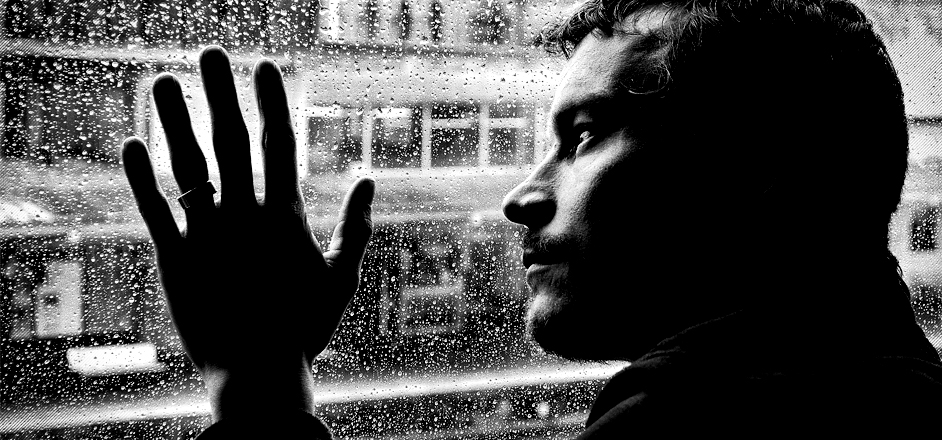How do you get over a breakup?
If you're anything like me, you DVR Groundhog Day, watch it while softly whimpering, then set to work finding a rebound that meets the rigorous standards of "name must contain a vowel" and "not 17."
If you're smarter than me, you might try therapy. If you're richer, which isn't hard, you might try traveling the pain away.
But, isn't there something a little more effective than boning 19-year-olds in Guatemala after a Skype session with your shrink?
Great question. Glad you asked. There actually is.
It’s called the placebo effect.
Perhaps you’ve heard of it?
It’s that thing where you unknowingly receive a fake medical treatment and start to notice improvements in your symptoms despite the fact that you were treated with something benign and ineffective like saline or sugar. The most notorious example of this is someone feeling and acting like a drunk idiot after being given what they don’t know is non-alcoholic beer.
However, while the placebo effect is typically studied with regards to physical illnesses or states, a group of researchers at the University of Colorado have broken new ground by applying the same process to mental malaise. Heartbreak, to be specific.
"Individuals who experience a targeted romantic rejection are 20 times more likely to develop depression than the general population," their study on the topic reads, a statistic which shows that breakups aren’t just sad occurrences, but potentially dangerous ones as well. Understandably, something as serious and common as breakup agony would be a perfect place to test a placebo and whether or not it helps people feel like people again after their hearts have been vivisected by love.
To study how effective a placebo effect was on soothing the pain of burned by a breakup, researchers rounded up 40 sad individuals who had been dumped in the past six months, then showed them images of their former flames and asked them to focus rate how badly they made them feel on a scale from one to five.
After doing that once, the researchers introduced a placebo in the form of a nasal spray. Half of the participants were told that the spray was a "powerful analgesic that is also effective in reducing emotional pain and negative affect," and the other half it was just something to help improve fMRI brain scan imaging that otherwise had no effects. In both groups, the spray was nothing more than saline, also known as salty-ass water.
Next, researchers showed the participants photos of their exes again, only this time they focused on the responses in different areas of the brain, finding that the placebo group (the ones who were told the nose spray would reduce their emotional pain) showed both a reduction in physical and social pain. The control group, meanwhile, did not exhibit a change. They still felt like burnt, trampled-upon dog shit.
Do you, tiny reader, realize what this means? It means that just thinking you've received treatment for heartbreak can actually lessen the symptoms of heartbreak.
Tor Wager, one of the lead authors, explains: "Just the fact that you are doing something for yourself and engaging in something that gives you hope may have an impact," he said. "In some cases, the actual chemical in the drug may matter less than we once thought."
There’s no magical cure for post-breakup sobbing, but currently, a placebo seems like the closest thing you can get. Simply expecting to feel better, it seems, actually makes you feel better … which is pretty goddamn magical, I think.
In other news, I heard that an extra large artichoke-garlic-basil pizza and a shameless case of Mike’s Hard Raspberry Lemonade really helps relieve emotional excruciation, which is why I've gained 45 pounds and I'm drunk.
Wish me luck!



Leave a Reply